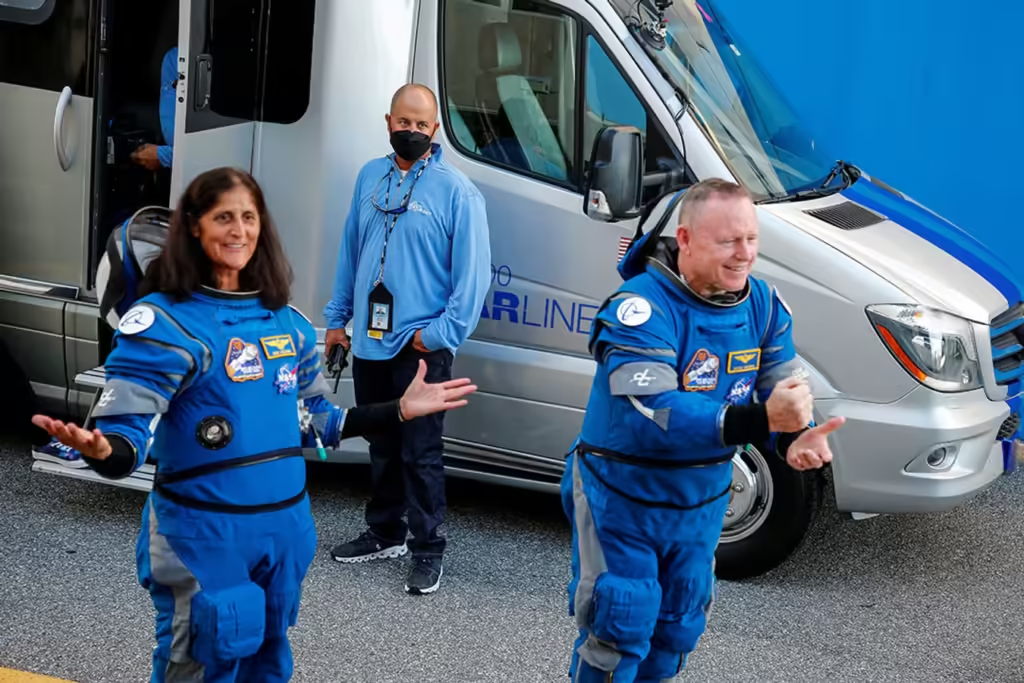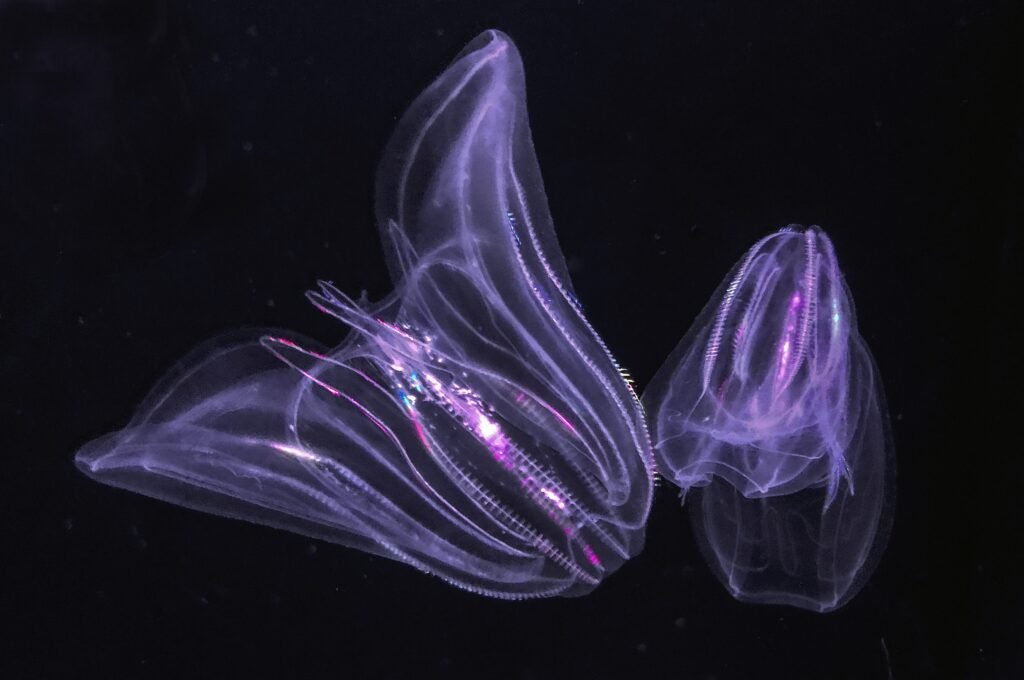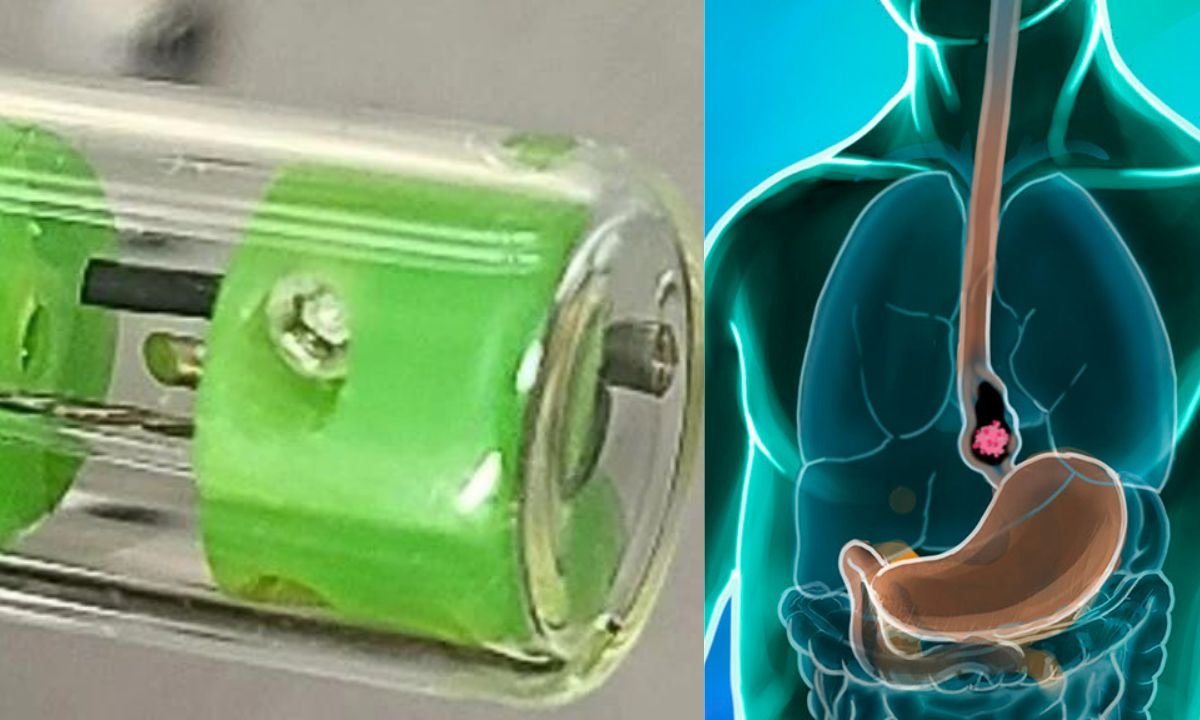Trapped NASA astronauts in space may suffer bone loss & kidney stones
Two trapped NASA astronauts, Sunita Williams and Barry Wilmore, in space may suffer from serious health problems, including bone loss and kidney stones. Sunita and Barry went on an eight-day space mission on May 25, 2024.
Unfortunately, they are experiencing an extended stay on the International Space Station (ISS) following their spacecraft’s delay due to helium leakage.
The spacecraft reached ISS on June 6, 2024. Since then, Sunita and Barry have been trapped there while waiting for their safe return to Earth.

Steve Stich is the manager of NASA’s Commercial Crew Program. He stated they need time to follow the process of a standard mission management team to ensure the astronaut’s safe return.
However, the unexpected stay of Sunita and Barry on the ISS raises concerns about their health. This is because they are in a space environment completely different from Earth.
Several factors, including microgravity, radiation exposure, and constricted quarters of space stations, indicate serious health risks to astronauts.
Fluid redistribution is one of the immediate changes astronauts experience in space. Where there is no gravitational pull on the body, bodily fluids gravitate towards the upper body. It resulted in facial puffiness, nose irritation, and reduced leg fluid content.
As a result, astronauts may experience lightness or fainting. But, these issues are minor compared to others, including bone loss and kidney stones.
There are several ways that microgravity in space affects the musculoskeletal system. An astronaut’s lack of gravity causes rapid muscular weakness, especially in the legs and back, where muscle support is needed.

This muscular weakness decreases the mechanical stress, which may lead to significant bone loss, particularly in weight-bearing bones like the spine and pelvis. It is a worsened condition.
Another main concern is the risk of developing kidney stones in astronauts. The fluid distribution changes also impact the urinary system due to increased calcium levels in urine. It increases the risk of kidney stones.
Moreover, microgravity also affects metabolism, which changes the body’s absorption and use of nutrients. All these factors put the health of trapped NASA astronauts at greater risk in space.
Read More:
- Sea creature turns into a baby when it is stressed out showing time travel
- Realme Narzo 70 Turbo 5G launch date, features, specifications & price
- European Space Agency printed 3D metal part in space for first time
- Earth’s mysterious Alaska triangle where over 20,000 people disappeared
- Philips Hue launched a new smart lighting solution for kitchen
- NASA to launch life-searching spacecraft to Jupiter’s moon Europa
Share this content:










Post Comment